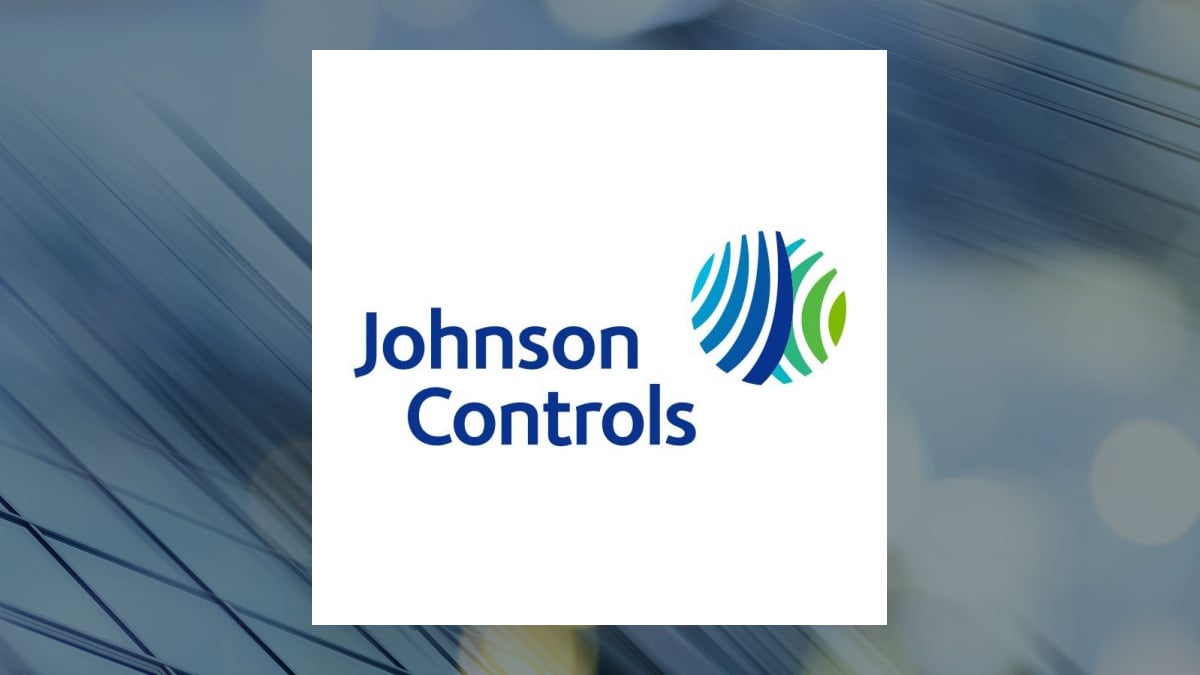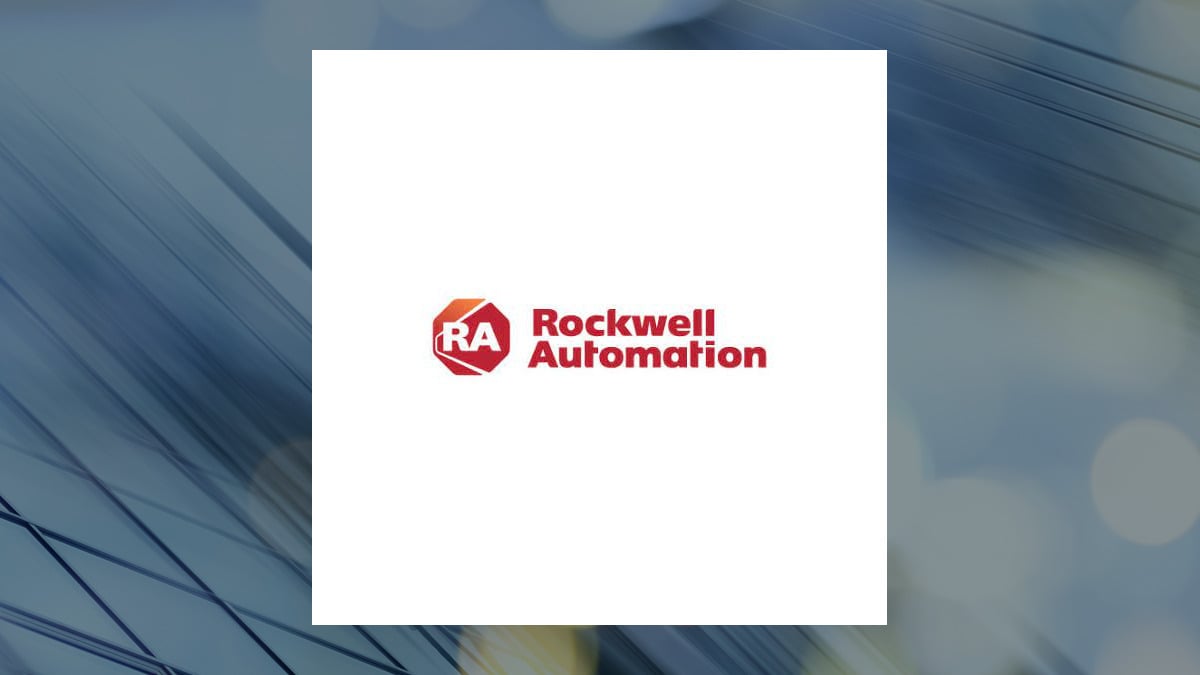
ARTIFICIAL intelligence (AI) use is growing in the Philippines, with 46 percent of Filipino workers using Generative AI (GenAI) monthly for their jobs. This finding comes from JobStreet by Seek’s Decoding Global Talent Report 2024, conducted in collaboration with Boston Consulting Group and The Network. The report, based on survey responses from over 150,000 individuals worldwide — including more than 6,400 Filipino workers across various industries, education levels and age groups — highlights the growing role of GenAI in both professional and personal settings.
Filipino workers surpass the global average of 39 percent for monthly GenAI use, with the highest adoption rates seen among employees aged 18-24 years old, 64 percent of whom use the technology regularly. Writing tasks were the most common work-related application of GenAI, cited by 50 percent of respondents, while 58 percent reported using it for skill development and learning in their personal lives. Industries leading the charge in GenAI usage include Digitalization and Data Sciences (71 percent) and Information Technology (65 percent), showcasing AI’s significant impact in tech-driven fields.

AI is also poised to reshape the workforce, with 82 percent of Filipino respondents acknowledging that AI will alter aspects of their jobs. Of these, 35 percent anticipate major transformations that could significantly affect or eliminate their roles. Concerns are particularly pronounced among workers in craft or physical labor roles, 56 percent of whom foresee significant changes.
Conversely, employees in technical or engineering fields are less apprehensive, with only 28-30 percent predicting substantial job disruptions. Despite these concerns, Filipino workers remain proactive in addressing the challenges posed by AI. Over 70 percent expressed a willingness to reskill, with 24 percent opting to do so only when absolutely necessary.
This readiness outpaces global trends, where employees are generally less inclined to reskill in response to AI-driven job changes. According to the study, Filipinos prioritize developing analytical and job-specific skills as they prepare for the AI age. They favor self-study and online learning, such as video tutorials, over formal company training programs.
This preference aligns with trends seen across Southeast Asia. With AI adoption accelerating, JobStreet by Seek advises employers to move beyond traditional training methods and embrace strategic upskilling and reskilling initiatives. The firm said collaboration with educational institutions, trade unions and other stakeholders is essential.
Employers are also encouraged to provide specialized GenAI training and guided learning opportunities to maximize the benefits of AI in the workplace. “Though AI holds the potential to transform work as we know it, it’s not something we should fear,” said Dannah Majarocon, managing director of JobStreet by Seek Philippines. “Through proper reskilling and upskilling with proper training, AI can serve as a reliable tool in bettering the way companies and organizations process their output, as well as improving efficiency among talent.
” / KOC.













